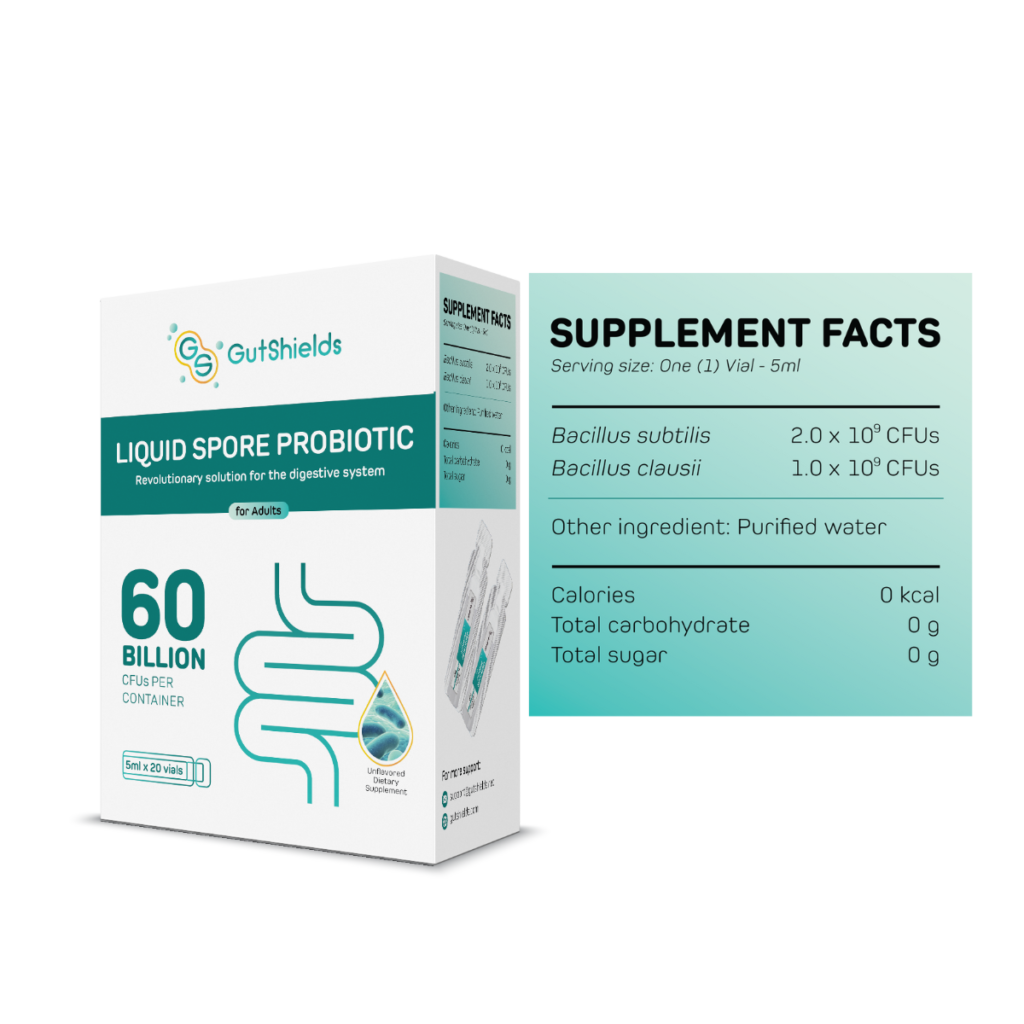When I first started dealing with IBS (Irritable Bowel Syndrome), I thought I could manage it by simply avoiding fast food, alcohol, and soda.
I stocked up on so-called “safe” foods: whole grains, broccoli, hummus, apples, smoothies, oatmeal… and yet, my symptoms only got worse.
Sound familiar?
If you’ve ever felt betrayed by your favorite “healthy” foods, you’re not alone.

Healthy Doesn’t Always Mean Gut-Friendly (For IBS)
Many IBS sufferers are surprised to learn that nutrient-rich foods can still be difficult to digest — especially when the gut is inflamed or the microbiome is imbalanced.
Here are a few examples of “healthy” foods that often trigger IBS symptoms:
| Food | Why It May Trigger IBS |
|---|---|
| Raw vegetables (broccoli, cabbage) | High in insoluble fiber — hard to digest |
| Apples, pears, mangoes | High FODMAP fruits — ferment in the gut |
| Beans and lentils | Gas-producing due to resistant starches |
| Whole grains (wheat, barley) | Can be irritating, especially with gluten sensitivity |
| Dairy yogurt | Contains lactose — common IBS trigger |
| Protein bars | Often full of sugar alcohols and additives |
🧠 Why Your Gut Says “No” — Even to Good Foods

The key issue often isn’t the food itself — it’s the condition of your gut.
If your microbiome is out of balance, or if your gut lining is inflamed, even the most wholesome foods can overstimulate your digestive system, leading to:
- Bloating
- Cramping
- Diarrhea or constipation
- Gas
- Fatigue after eating
That’s why some people feel like they can’t eat anything without flaring up.
But there’s a solution.
Repairing the Gut: Where Real Relief Begins
Instead of endlessly eliminating foods, the goal should be to rebuild and support your gut so it can digest properly again.
One promising approach? Spore-forming probiotics, such as Bacillus coagulans or Bacillus subtilis. These resilient strains survive stomach acid and help:
- Rebalance gut bacteria
- Reduce inflammation
- Improve digestion of hard-to-tolerate foods
- Support long-term digestive resilience
💡 Studies on Bacillus coagulans SNZ 1969® and Bacillus subtilis BS50 show significant symptom improvement in people with both IBS-D and IBS-C, without the need for extreme dieting.
✅ A Gentle Path Back to Food Freedom
If you’re tired of fearing every meal, start by:
- Listening to your body — not diet trends
- Temporarily avoiding high-FODMAP and hard-to-digest foods
- Introducing a spore-based probiotic daily (e.g., GutShields)
- Reintroducing foods slowly as your gut heals

Final Thought
IBS can make food feel like the enemy. But with the right gut support, your body can relearn how to process the foods you love — gently, safely, and with confidence.
Because food should bring comfort, not fear.






